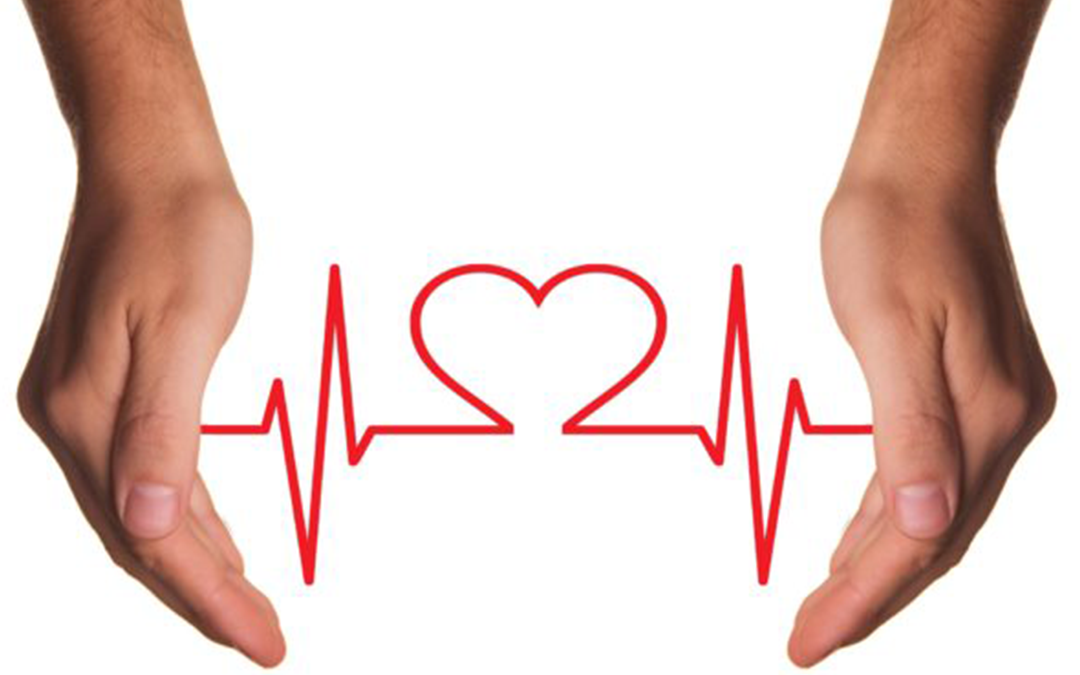If you’re a man of a certain age, you’ve probably heard some pretty frightening statistics about cardiovascular disease, like the fact that it accounts for about 1 in 3 deaths in the United States, or that it kills more people every year than all forms of cancer and chronic lower respiratory disease combined. What can you do to reduce your risk? Here’s what you need to know about heart attack and stroke prevention.
Diet Matters
As I explain here, your diet can go a long way toward protecting your heart. Not only can adjusting your eating habits lower your blood pressure and cholesterol, it also reduces your risk of heart attack and stroke. Food choices can even protect you from genetically inherited problems like heart disease more on that here: https://drspar.com/epigenetics/. Eating more of the following foods is a great start:
- Broccoli
Along with other cruciferous vegetables like kale and cabbage, broccoli contains a compound called sulfurophane that may prevent heart disease. In one study, sulfurophane was found to activate a protein called Nrf2 that helps keep arteries clear.
- Oatmeal
Ever notice how that big canister of oats in your cupboard has a picture of a heart on it? That’s because a single serving of old fashioned (not instant) oatmeal provides two of the three grams of soluble fiber you need every day to reduce your risk of heart disease. One data analysis found people who ate an oat-heavy diet dropped cholesterol by an average of 6.5 points compared to a control group who didn’t eat whole grains.
- Red wine
According to the Mayo Clinic, antioxidants in red wine called polyphenols may help protect the lining of blood vessels in your heart. A specific polyphenol, resveratrol, could also reduce LDL cholesterol and prevent clotting. Too much alcohol is never a good thing, but feel free to enjoy a glass of wine or two knowing you’re boosting your cardiovascular health in the process.
To learn more about cardio-protective foods, check out my Top 5 Foods for Heart Attack and Stroke Prevention.
Supplements Can Help
While one of the more popular products marketed as a cholesterol reducer, red yeast rice, may not work as a natural statin the way some companies claim it does, you have other supplement options. The omega-3 fatty acids found in fish oil supplements have been shown to reduce the inflammation that can lead to heart attack and stroke, and they may be particularly beneficial for who’ve recently suffered a cardiac event—one study showed a daily 1,000 mg dose of fish oil could reduce the risk of death from cardiovascular disease by 10% in heart attack and heart failure patients. Cardiac patients may also benefit from taking CoQ10, since a ten-year study found supplementation with this powerful antioxidant significantly improved survival rates and reduced incidences of hospitalization in even the most severe heart failure patients. I often suggest garlic for my patients looking to lower their cholesterol, although the necessary dose can cause stomach irritation.
Testing Saves Lives
Although I firmly believe in the power of lifestyle modification to maintain health, I also know how crucial certain tests are for detecting and diagnosing problems. Tests for heart attack and stroke prevention include:
- Advanced Lipid Panel
A lipid panel, or cholesterol test, measures the fats in your blood. Typical measurements include total cholesterol, low-density lipoprotein (LDL or “bad”) cholesterol, high-density lipoprotein (HDL or “good”) cholesterol, and triglycerides. But the advanced panel includes more specifics about your LDL and HDL, as well as markers of inflammation, a leading cause of heart disease.
- Stress Test
The National Heart, Lung, and Blood Institute defines a stress test as exercising to the point where your heart is beating hard and fast so tests can measure your cardiac health. The test is often used to detect coronary heart disease, or the buildup of plaque in the arteries that supply blood to your heart.
- Body Mass Index (BMI)
According to the American Heart Association, nearly 70% of Americans are overweight or obese, and obesity increases your risk of cardiovascular problems like heart disease, stroke, and congestive heart failure. By looking at your BMI, a measure of body fat based on your weight in relation to your height, you and your doctor can get an idea of what steps you may need to take to get to or maintain a heart-healthy weight.
For more information on these and other tests, see my Top Tests for Heart Attack Prevention.
Wondering what others areas of your health could use your attention? Consider taking my Optimal Men’s Health quiz. It’s designed to help you determine your next best step to getting healthier and closer to winning.
Myles Spar, MD, MPH is board-certified in Internal Medicine and in Integrative Medicine. As a clinician, teacher and researcher on faculty of two major medical centers, he has led the charge for a more proactive, holistic and personalized approach to care that focuses on cutting edge technology and preventative care. Dr. Spar has traveled with the NBA, presented a TEDx Talk, appeared on Dr. Oz, and been featured in publications such as the Men’s Journal and the Los Angeles Times.


